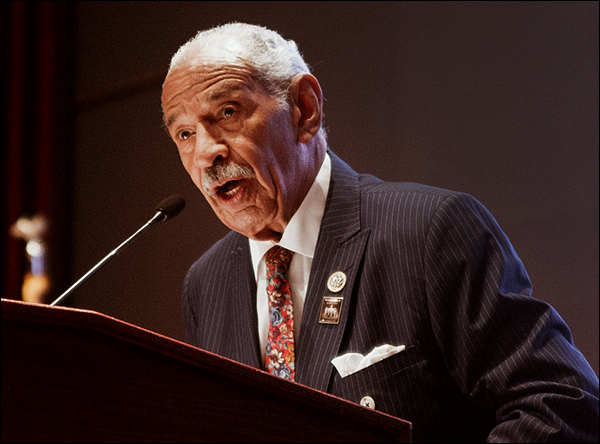Dec. 6, 2017 — In what should be a premier Senate race next year, the Florida political contest that likely will develop between Sen. Bill Nelson (D) and Gov. Rick Scott (R) has not yet drawn a great deal of national media coverage, but that will certainly change over time.
A new St. Leo University poll (Nov. 19-24; 500 Florida residents) finds Gov. Scott opening up a sizable lead over the three-term Democratic incumbent, 42-32 percent. The results definitely detect a swing toward the term-limited Republican governor; but previous polling conducted since Sept. 10 has forseen a much closer skirmish.
Two polls from September, St. Leo University (Sept. 10-15; 500 Florida residents) and the Florida Chamber of Commerce (Sept. 17-24; 615 likely Florida voters), both projected Gov. Scott to be holding a two-point lead over Sen. Nelson, 35-33 percent and 47-45 percent, respectively. The University of North Florida (Oct. 11-17; 834 Florida voters), however, gave the incumbent a scant 38-37 percent edge in mid-October, while Mason-Dixon Polling & Research (Oct. 17-19; 625 Florida voters) cast the two prospective candidates as tied at 44 percent each.




